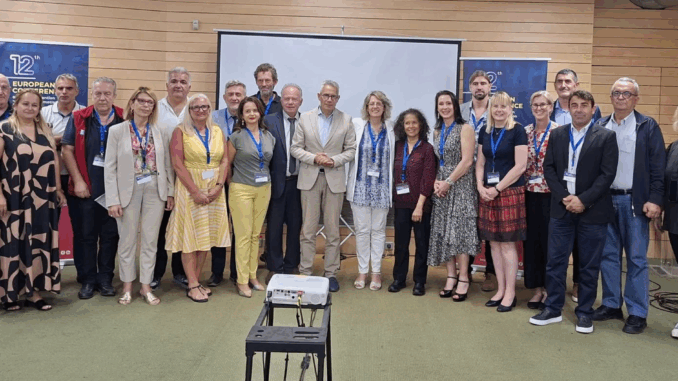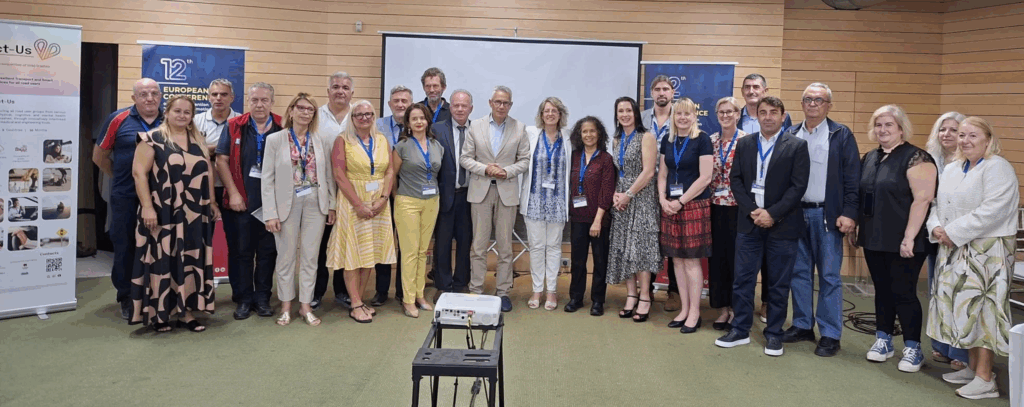
On 30 September 2025, the 7th Regional Health Authority of Crete, with the scientific support of the Laboratory of Health and Road Safety (LaHeRS) of the Hellenic Mediterranean University, organised in Heraklion a multi-agency expert meeting focused on presenting the new Crete Regional Trauma Surveillance Mechanism and initiating discussion on its pilot implementation across eight hospitals in Crete. A wide panel of national and international stakeholders participated, with clear objectives: (a) to review the design and operational plan of the pilot, (b) to identify barriers and facilitators to timely and accurate trauma surveillance in Emergency Departments, (c) to bring forward international best practices and European trauma databases, and (d) to define practical steps for successful and sustainable implementation of the pilot phase with a view to national scale-up.
Participants included representatives of the eight pilot hospitals (CEOs, deputy managers, public health directorates, medical and nursing staff, quality assurance units), primary health care services, forensic pathologists (Ministry of Justice), patient organisations, academic and research institutions, local authorities and others. International experts and partners also attended from well-established trauma surveillance units in Australia, New Zealand, Canada, the United Kingdom, Denmark, Norway, Italy, the European Injury Database (EU-IDB) under EuroSafe, the European Public Health Association (EUPHA) – Section on Injury Prevention, the European Patients’ Alliance and other major European organisations active in injury prevention and trauma care.
The Heraklion meeting successfully captured both challenges and enablers which will now be translated into practical, actionable recommendations to support the pilot roll-out. With dedicated technology solutions, strong governance, protected staff time, and international guidance, the pilot in Crete will be able to generate high-quality, rapidly usable injury data that will feed into clinical care, regional prevention actions and national policy development. Participants committed to immediate follow-up actions and agreed to reconvene within the next months.
Greece now has a genuine opportunity to align with European best practice and to establish a modern, interoperable national trauma surveillance system, starting in Crete and progressively expanding nationwide.



